TMT BARS (U- BEND)
TMT Bars (U-Bend) are Thermo-Mechanically Treated bars shaped into a U-bend, providing exceptional strength and flexibility for various construction applications. These U-bend TMT bars are essential in structural frameworks that require precise bending and reinforcement. They ensure a secure fit and optimal load distribution, enhancing the overall stability and durability of the structure. Ideal for both residential and commercial projects, these bars offer a reliable solution for creating strong and resilient constructions.
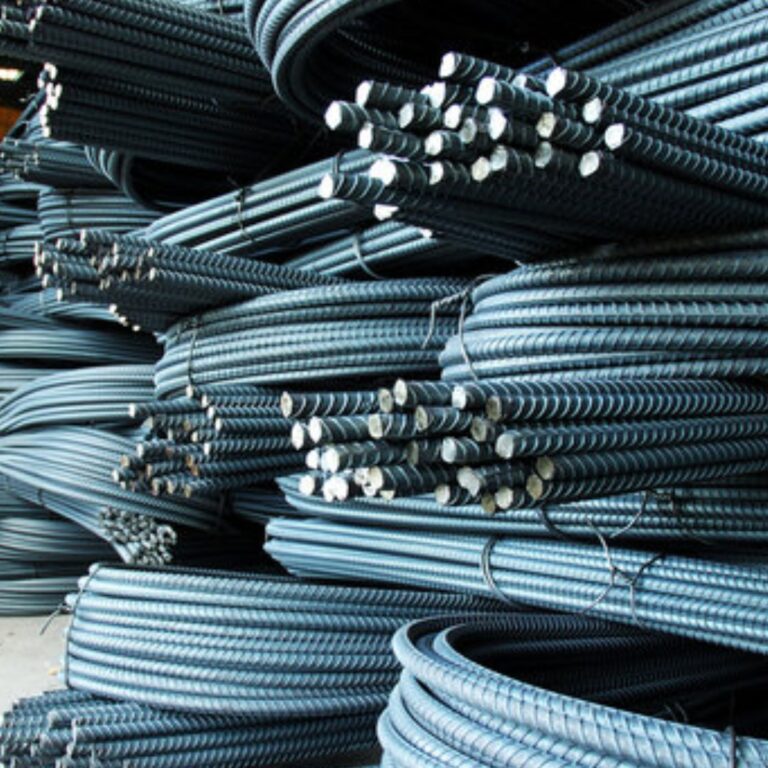
TMT RIBBED BARS ( STRAIGHT)
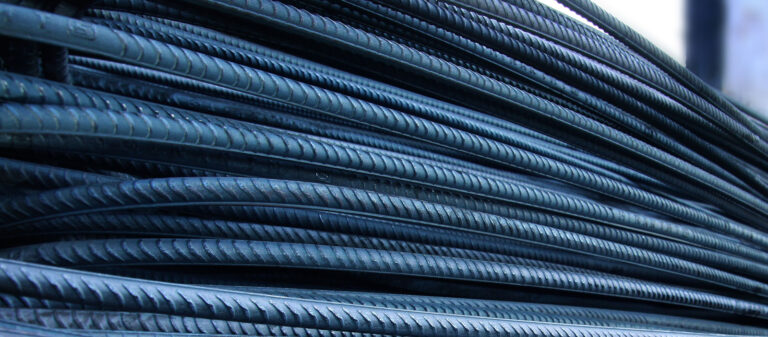
TMT Ribbed Bars are high-strength, Thermo-Mechanically Treated bars designed with ribbed patterns to enhance their bonding with concrete. These straight bars provide superior strength, ductility, and resistance to dynamic loads, making them ideal for reinforcing concrete structures in a variety of construction projects, including buildings, bridges, and highways. The ribbed surface ensures optimal grip with concrete, preventing slippage and enhancing the structural integrity and durability of the construction. Known for their excellent mechanical properties and consistent quality, TMT Ribbed Bars (Straight) are a preferred choice for engineers and builders aiming to achieve strong and long-lasting structures.
ROUND BARS
Our Round bars are a hallmark of strength and durability crafted to meet the rigorous demands of modern construction. Made to provide exceptional tensile strength and high ductility, these bars are ideal for supporting heavy loads while allowing for flexibility in design. They feature superior corrosion resistance with a special anti-corrosion coating that is ideal for use in residential, commercial, and infrastructure projects.
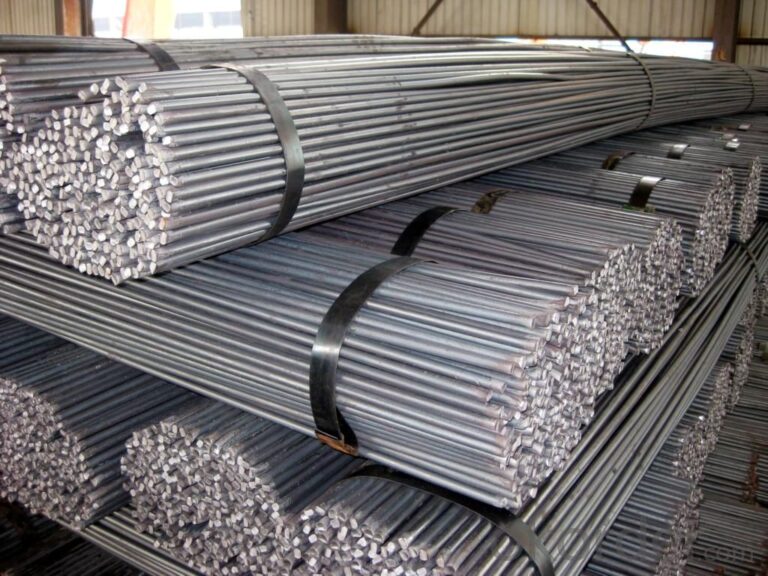
SQUARE BARS
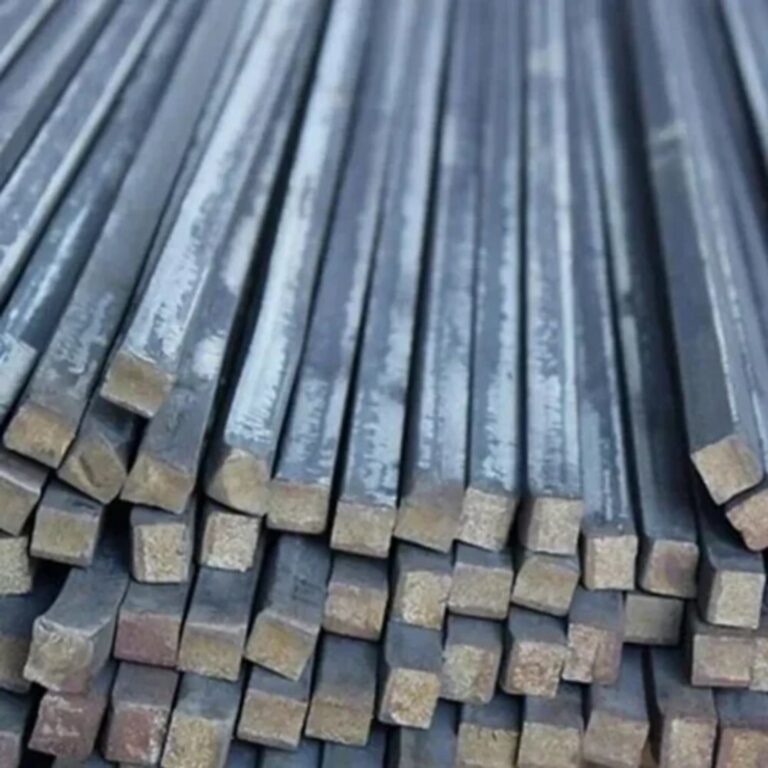
TMT bars are a cornerstone of the construction industry that boast remarkable strength, durability, and adaptability. With their distinctive square cross-section, they forge a strong bond with concrete, ensuring stability and structural resilience in a range of projects, from buildings to bridges.
FLAT BARS
Flat Bars are essential steel products widely used in construction and manufacturing due to their flat, rectangular shape and exceptional strength. They are ideal for structural frameworks, braces, supports, railings, and frames in buildings, bridges, and industrial machinery. Available in various sizes and thicknesses, Flat Bars can be easily cut, welded, and formed to meet specific project needs.
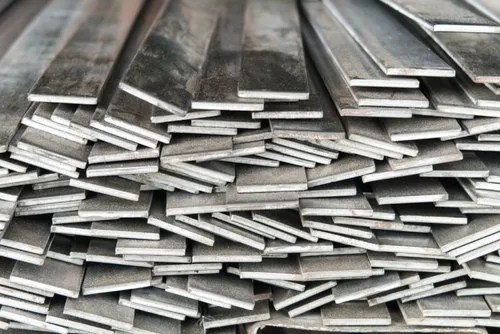
HEXA BARS
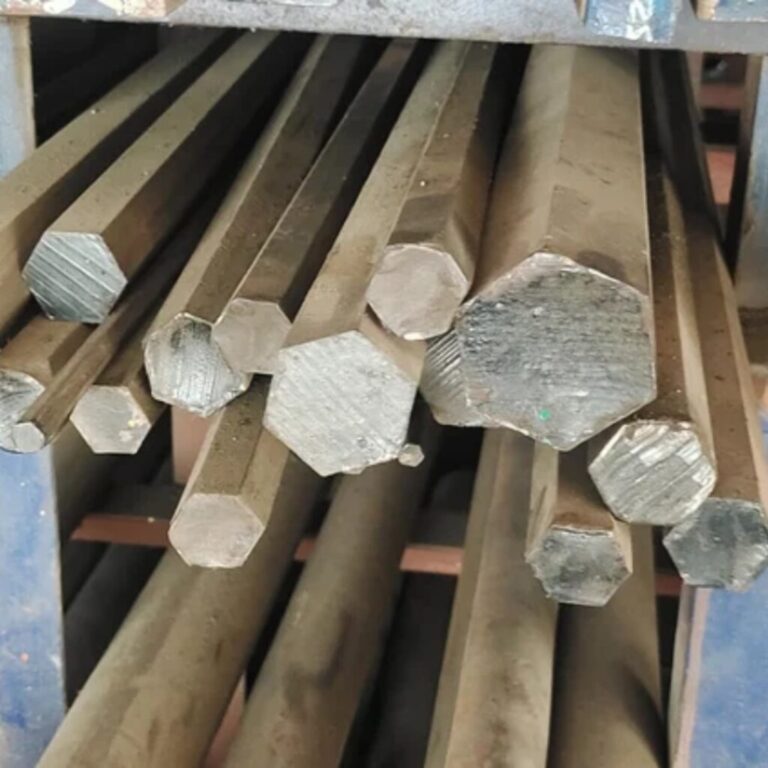
Hexagonal TMT bars are a modern marvel in construction, renowned for their strength, durability, and adaptability. Their unique hexagonal shape ensures superior bonding with concrete, providing stability and longevity to various structures. These bars exhibit exceptional mechanical properties, including high tensile strength and ductility, crucial for withstanding heavy loads and seismic forces. Available in different grades and sizes, hexagonal TMT bars offer a versatile solution for a wide range of construction projects.
MS ANGLE
MS Angles, also known as Mild Steel Angles, are fundamental components in construction and industrial applications due to their versatile L-shaped design. These angles offer strength and stability, making them ideal for use in frameworks, supports, braces, and other structural elements in buildings, bridges, and machinery. The high strength and excellent durability of MS Angles ensure reliable performance in demanding environments. Available in various sizes and thicknesses, they can be easily cut, welded, and drilled to meet specific project requirements.
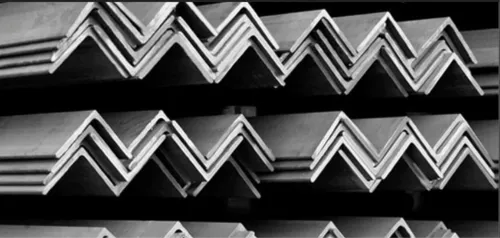
WIRE ROD
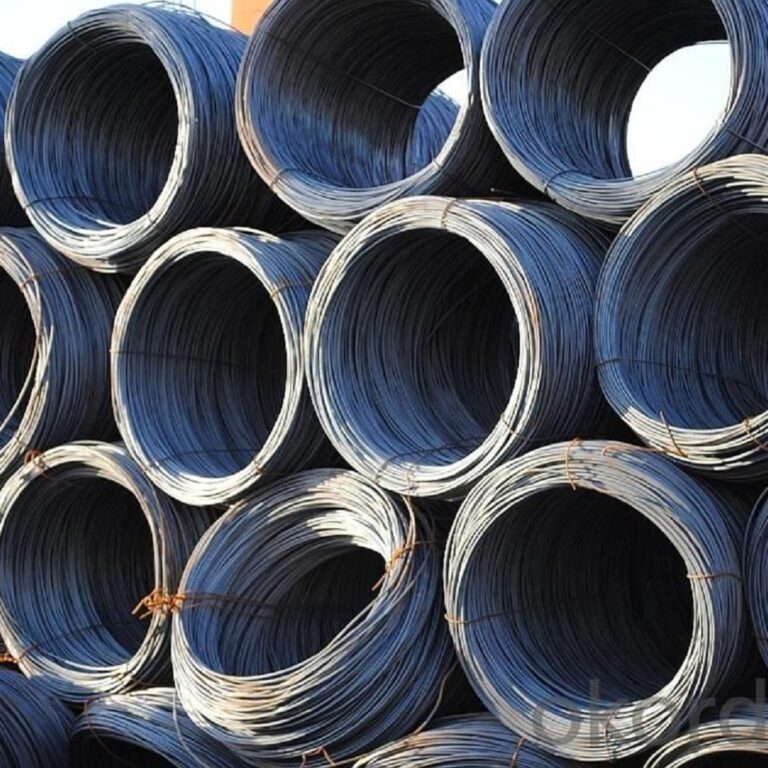
Wire rod is a versatile and essential component in various industries, it is a long, cylindrical steel product manufactured to precise specifications. Produced through a series of rolling processes, wire rods find applications across construction, automotive, manufacturing, and infrastructure sectors, serving as raw material for products like nails, fencing, wire mesh, and electrical cables.
BINDING WIRE
Binding wire is a type of steel wire used primarily in construction and packaging industries for securing materials together. It is characterized by its flexibility, durability, and corrosion resistance, making it ideal for various binding applications such as securing reinforcing bars (rebars) in concrete structures, bundling together construction materials like pipes and lumber, and packaging goods for transport and storage. Binding wire is available in various gauges and lengths to suit different needs, offering a reliable and cost-effective solution for ensuring structural integrity and stability in diverse projects.
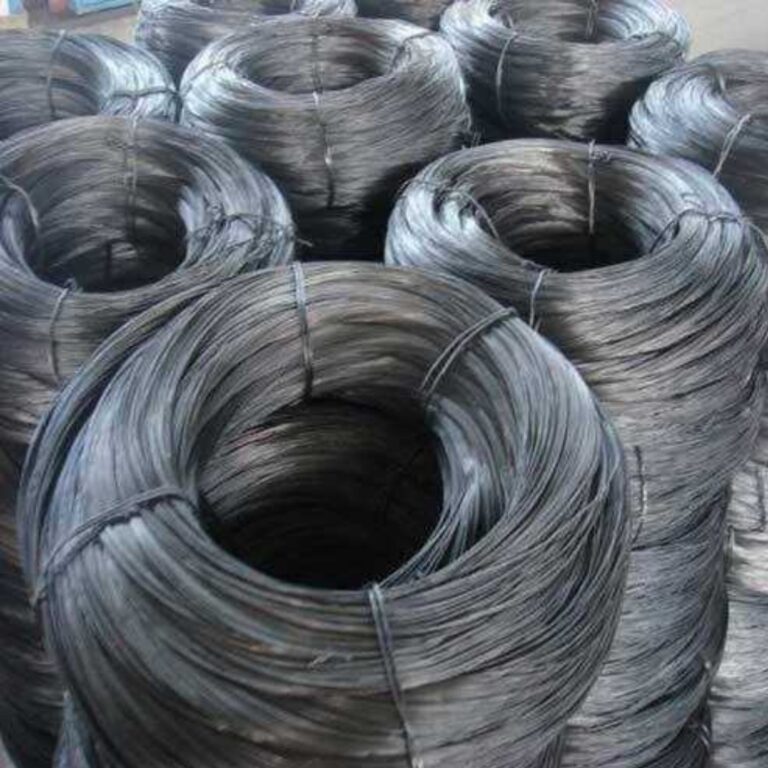
GI WIRE
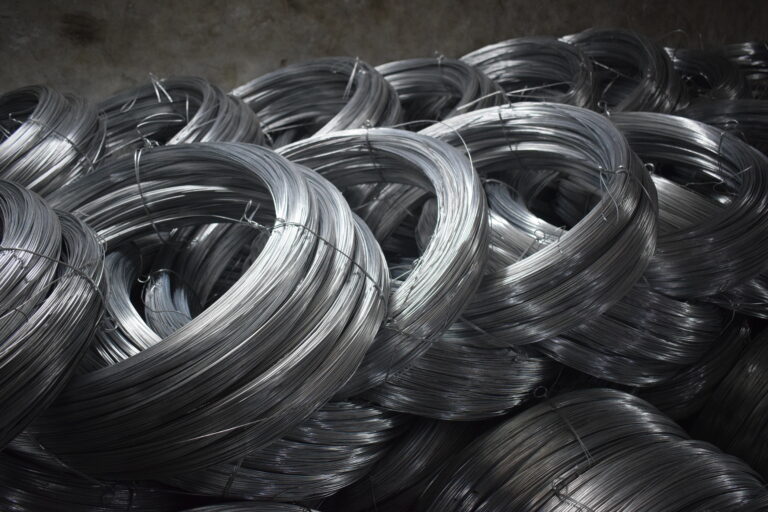
Galvanized iron (GI) wire is a type of steel wire that has been coated with a protective layer of zinc through a process called galvanization. This coating enhances the wire’s resistance to corrosion and rust, making it highly durable and suitable for outdoor and harsh environments. GI wire finds widespread use in construction, agriculture, fencing, and electrical applications, where its strength and longevity are prized. Its versatility and reliability make it an essential material for various industrial and domestic purposes, ensuring strong performance and longevity in diverse settings.
MESH WIRE
Mesh wires are made from interlinked strands of metal wire, typically steel or aluminum, arranged to form a grid-like pattern. This durable and flexible material is widely used in various industries for applications such as fencing, screening, reinforcement, and filtration. Mesh wires come in a variety of sizes, gauges, and configurations, making them suitable for different purposes, including construction, agriculture, and manufacturing. Their strength and versatility ensure reliable performance and longevity, making them an essential component in numerous projects and applications worldwide.
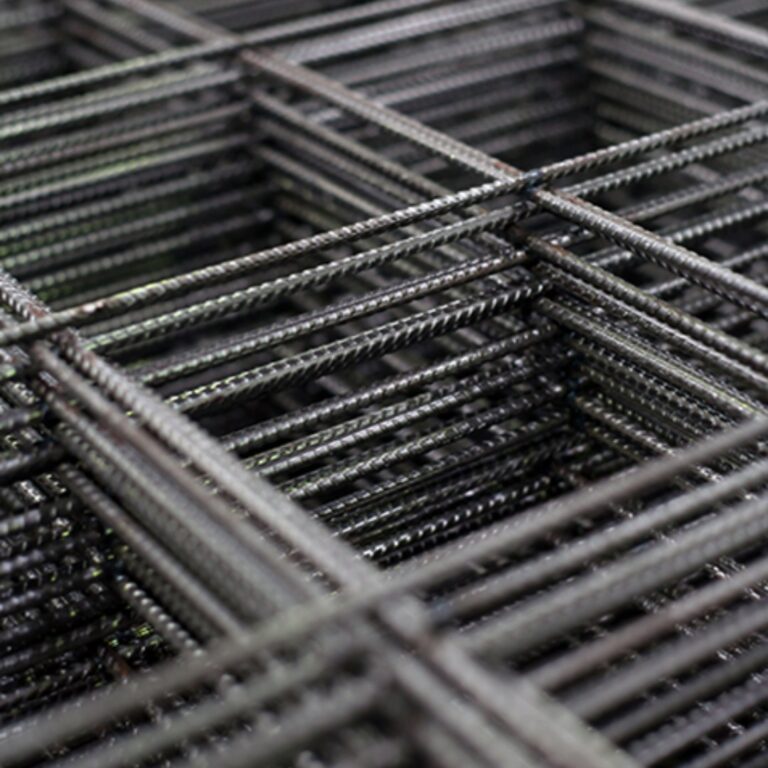
WIRE NAILS
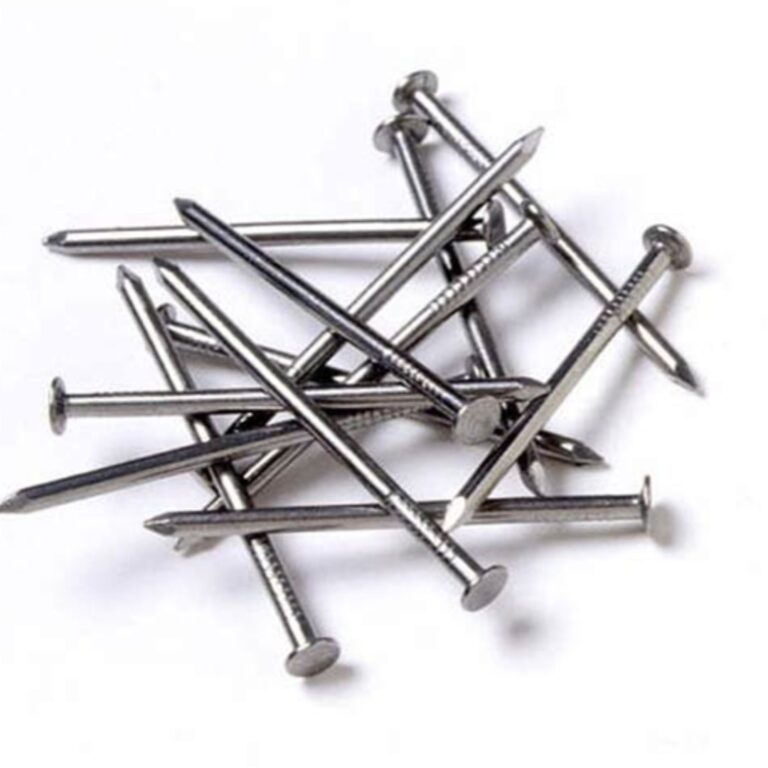
Wire nails are small, slender fasteners used in woodworking and construction. They are typically made from low-carbon steel wire, which is cut to length and shaped into nails with a sharp point and a flat head. Wire nails are driven into wood using a hammer or nail gun, securing materials together. They come in various lengths and thicknesses to suit different applications, from framing to finishing work. Wire nails are preferred for their strength, ease of use, and cost-effectiveness. Their versatile nature makes them essential in carpentry and DIY projects, ensuring sturdy and durable connections.
